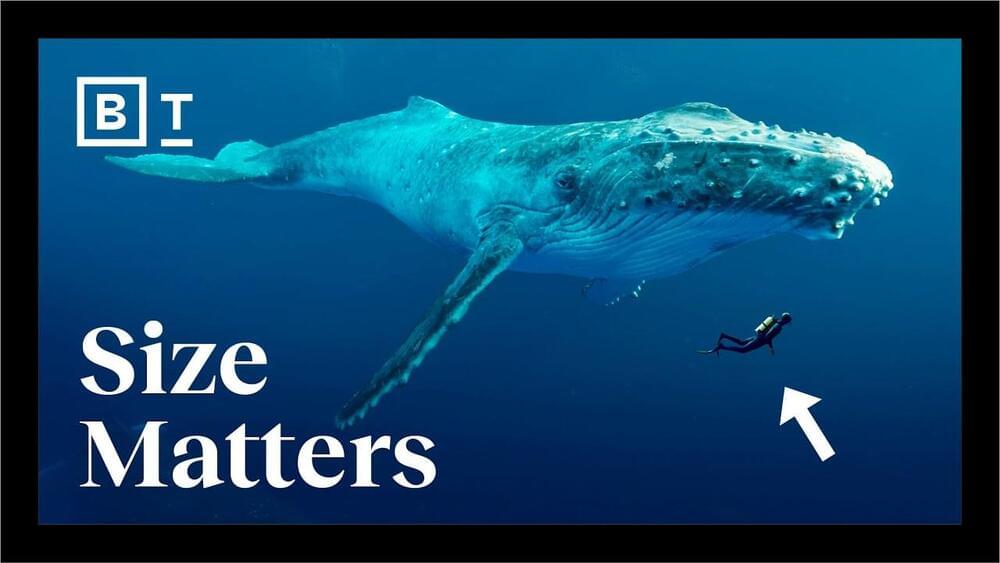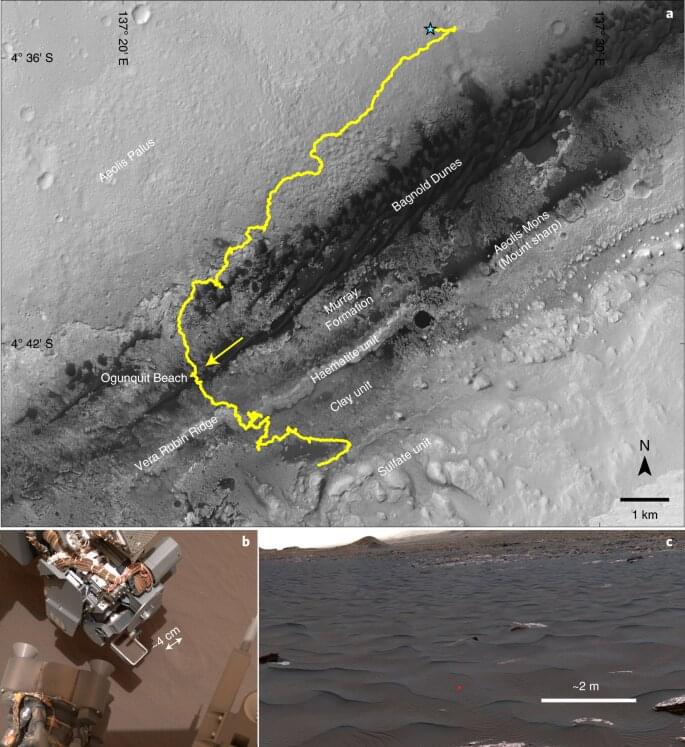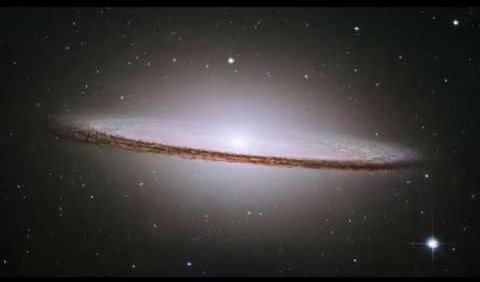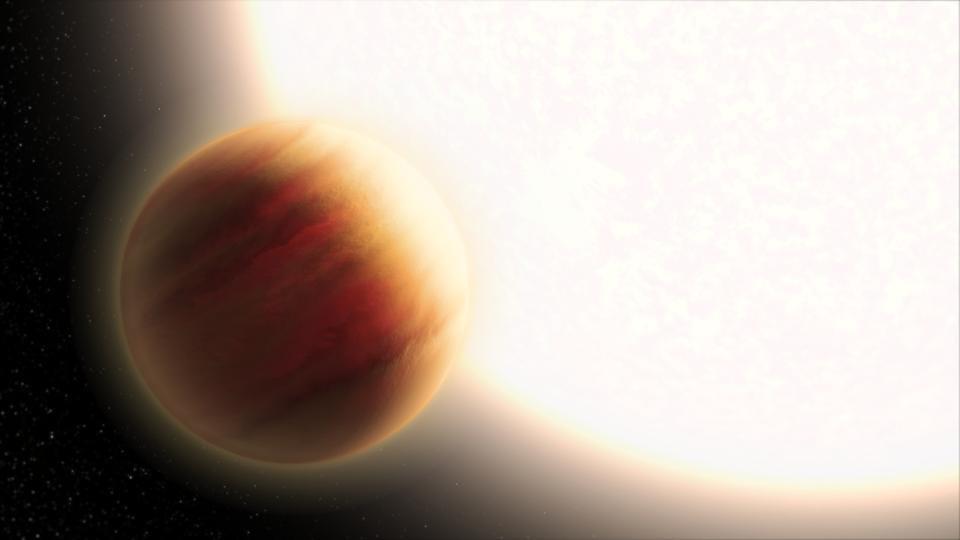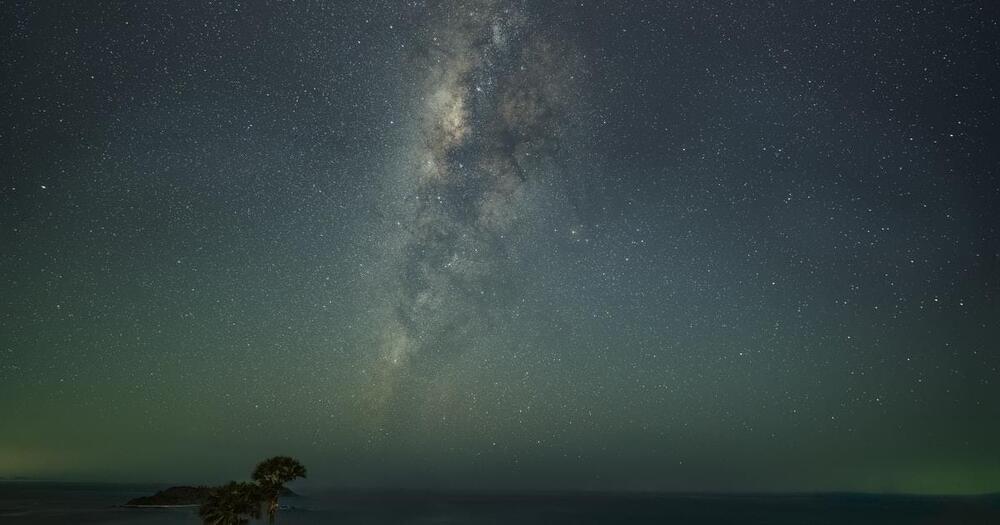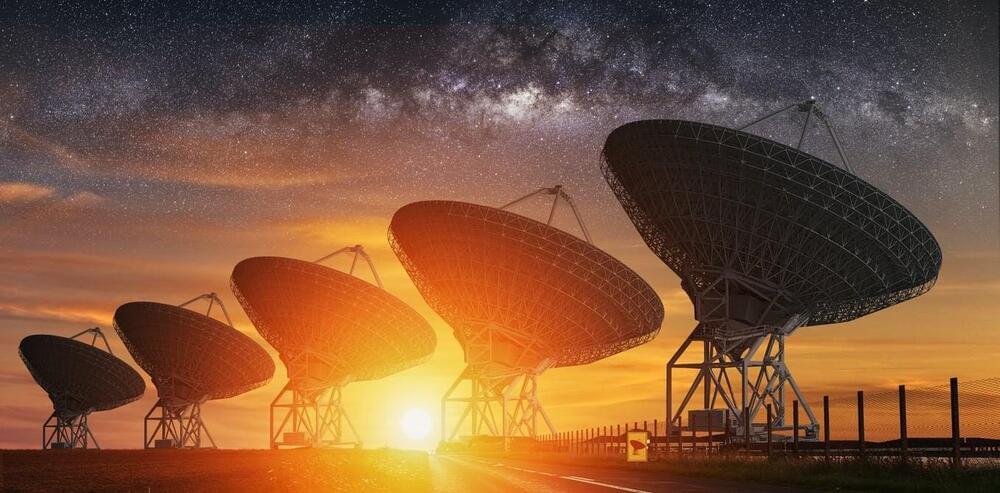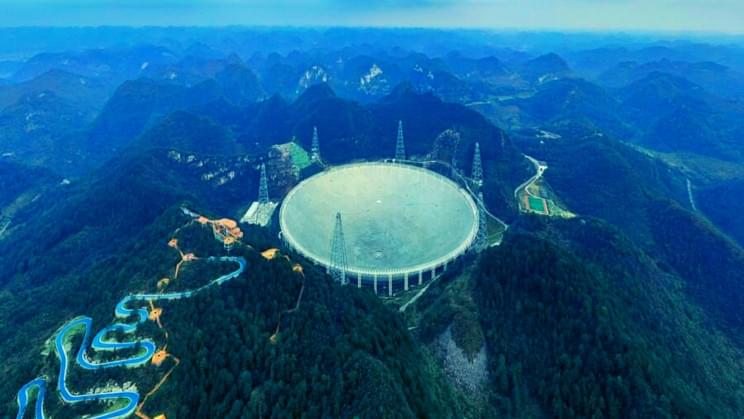Nov 6, 2021
Could a pill that lowers our body temperature make us live longer?
Posted by Kelvin Dafiaghor in categories: alien life, mathematics, neuroscience, physics
It’s one of the most fascinating aspects of the natural world: shapes repeat over and over. The branches of a tree extending into the sky look much the same as blood vessels extending through a human lung, if upside-down. The largest mammal, the whale, is a scaled-up version of the smallest, the shrew. Recent research even suggests the structure of the human brain resembles that of the entire universe. It’s everywhere you look, really. Nature reuses its most successful shapes.
Theoretical physicist Geoffrey West of the Santa Fe Institute in New Mexico is concerned with fundamental questions in physics, and there are few more fundamental than this one: why does nature continually reuse the same non-linear shapes and structures from the smallest scale to the very largest? In a new Big Think video (see above), West explains that the scaling laws at work are nothing less than “the generic universal mathematical and physical properties of the multiple networks that make an organism viable and allow it to develop and grow.”
Continue reading “Could a pill that lowers our body temperature make us live longer?” »
